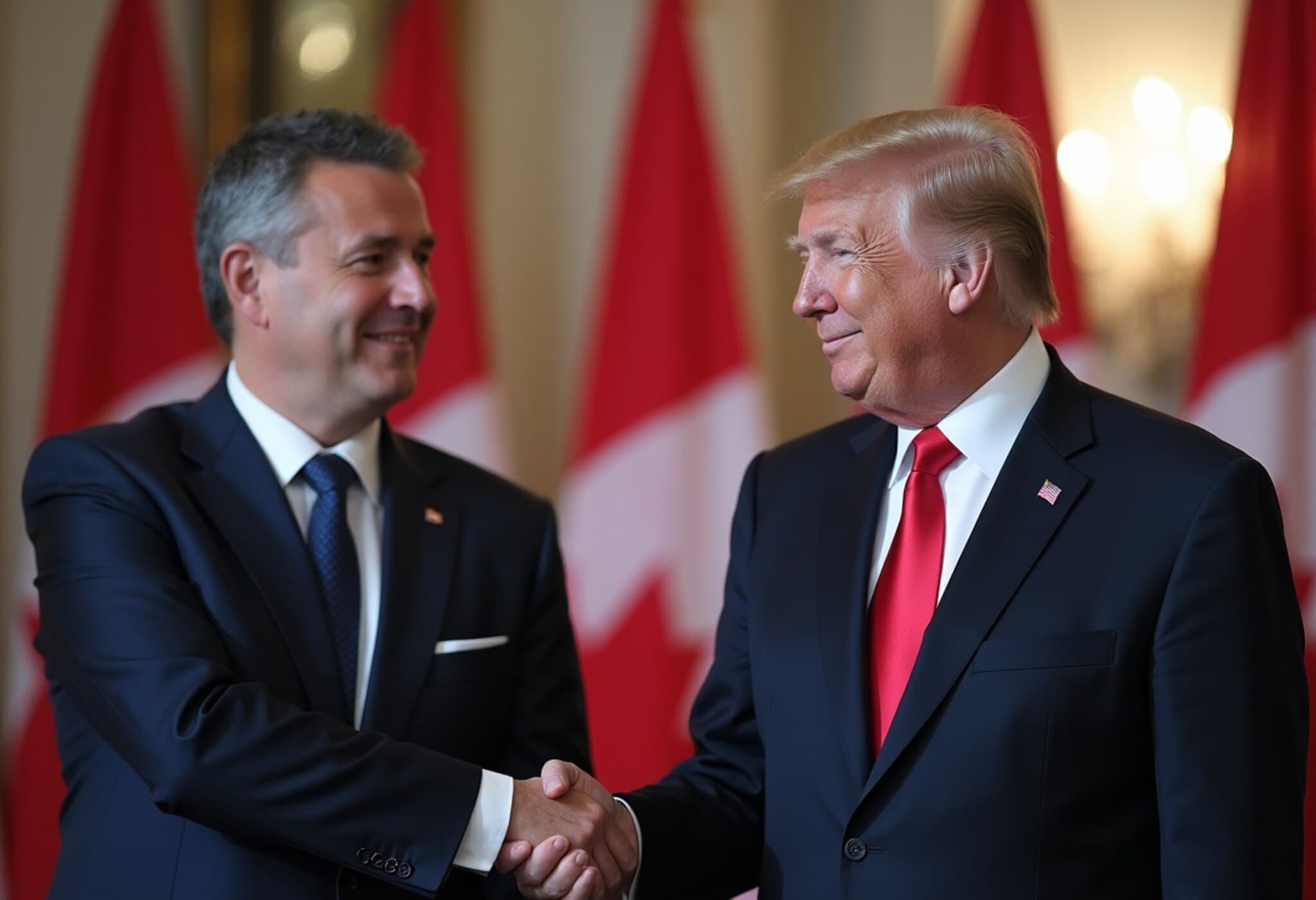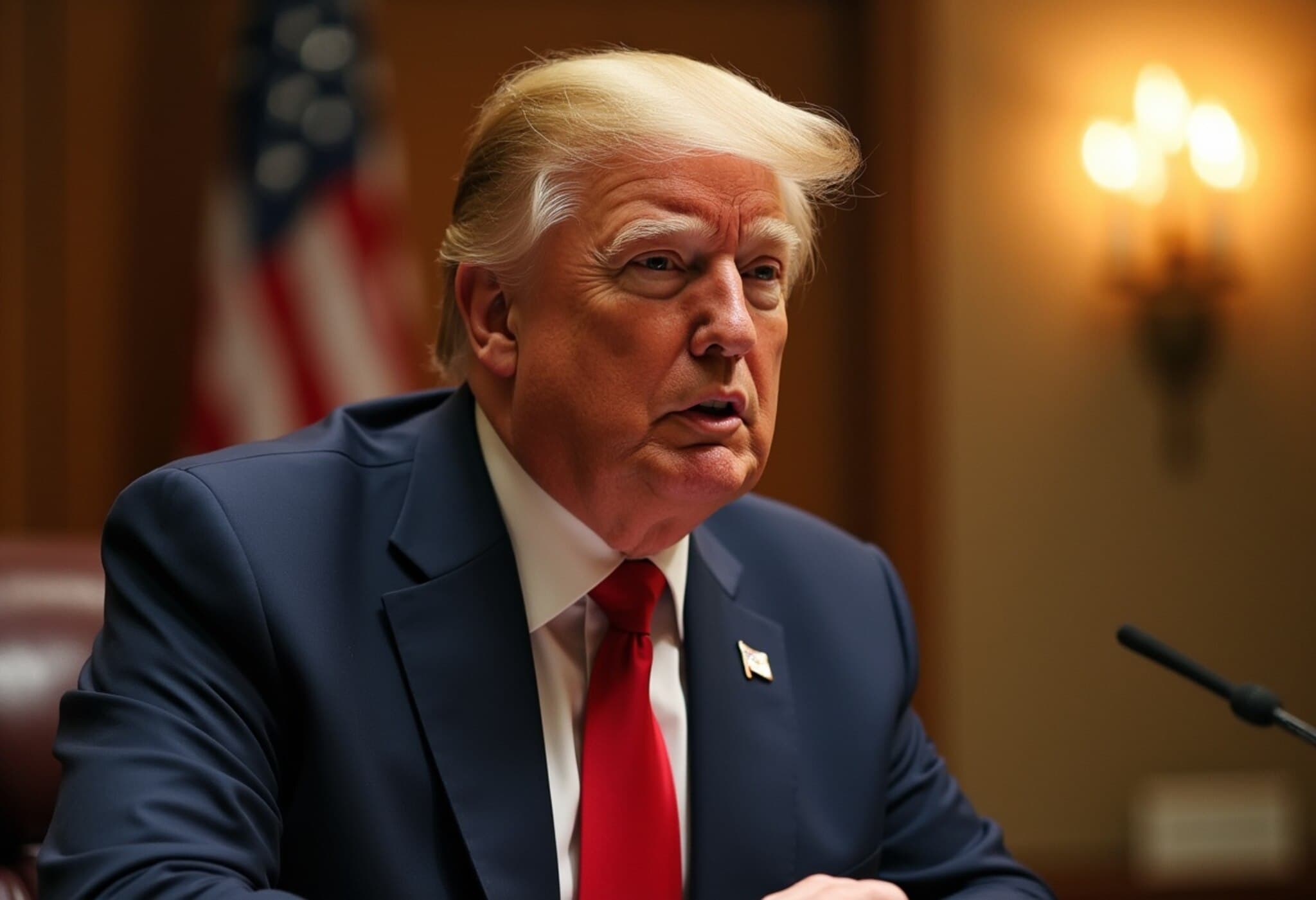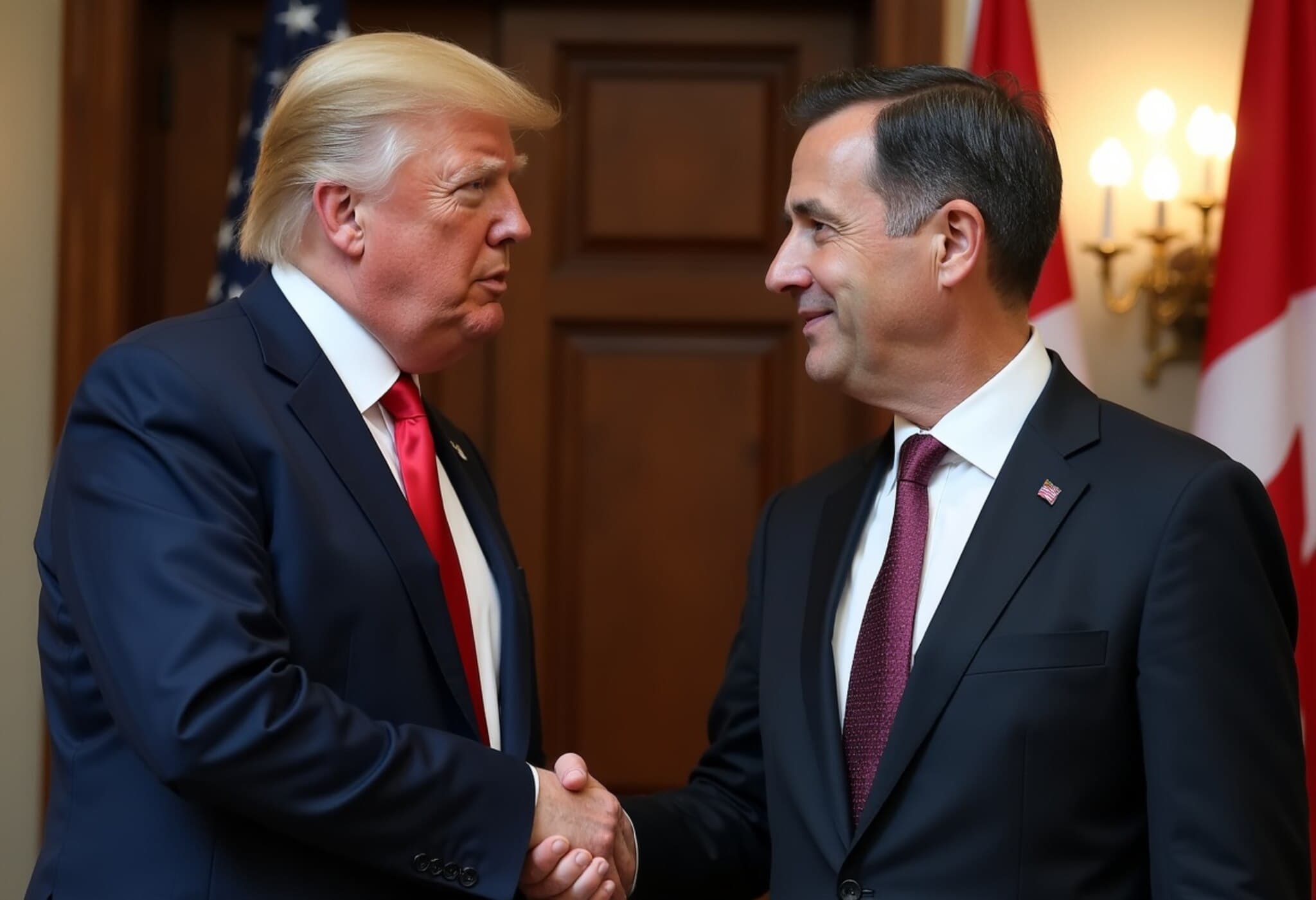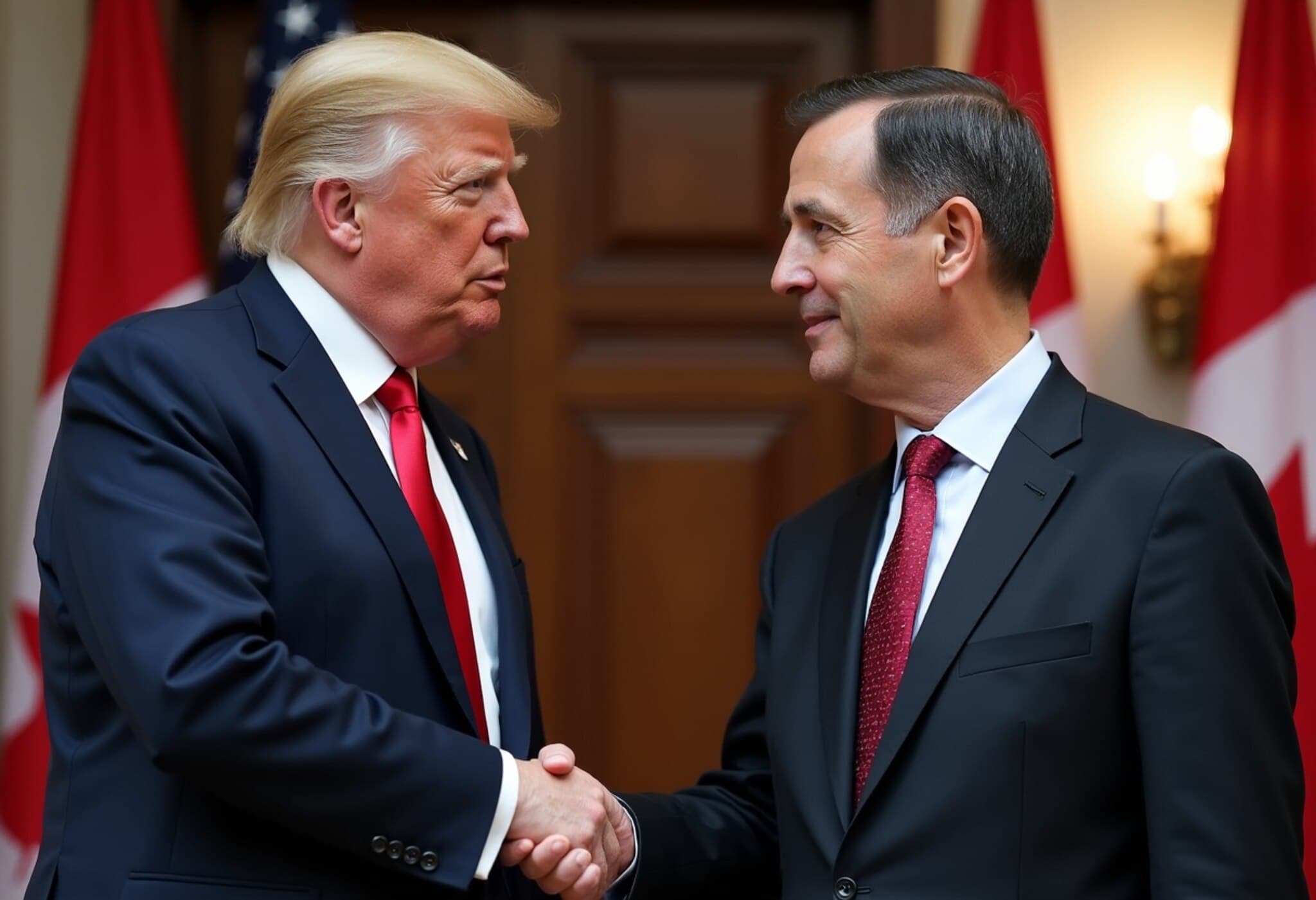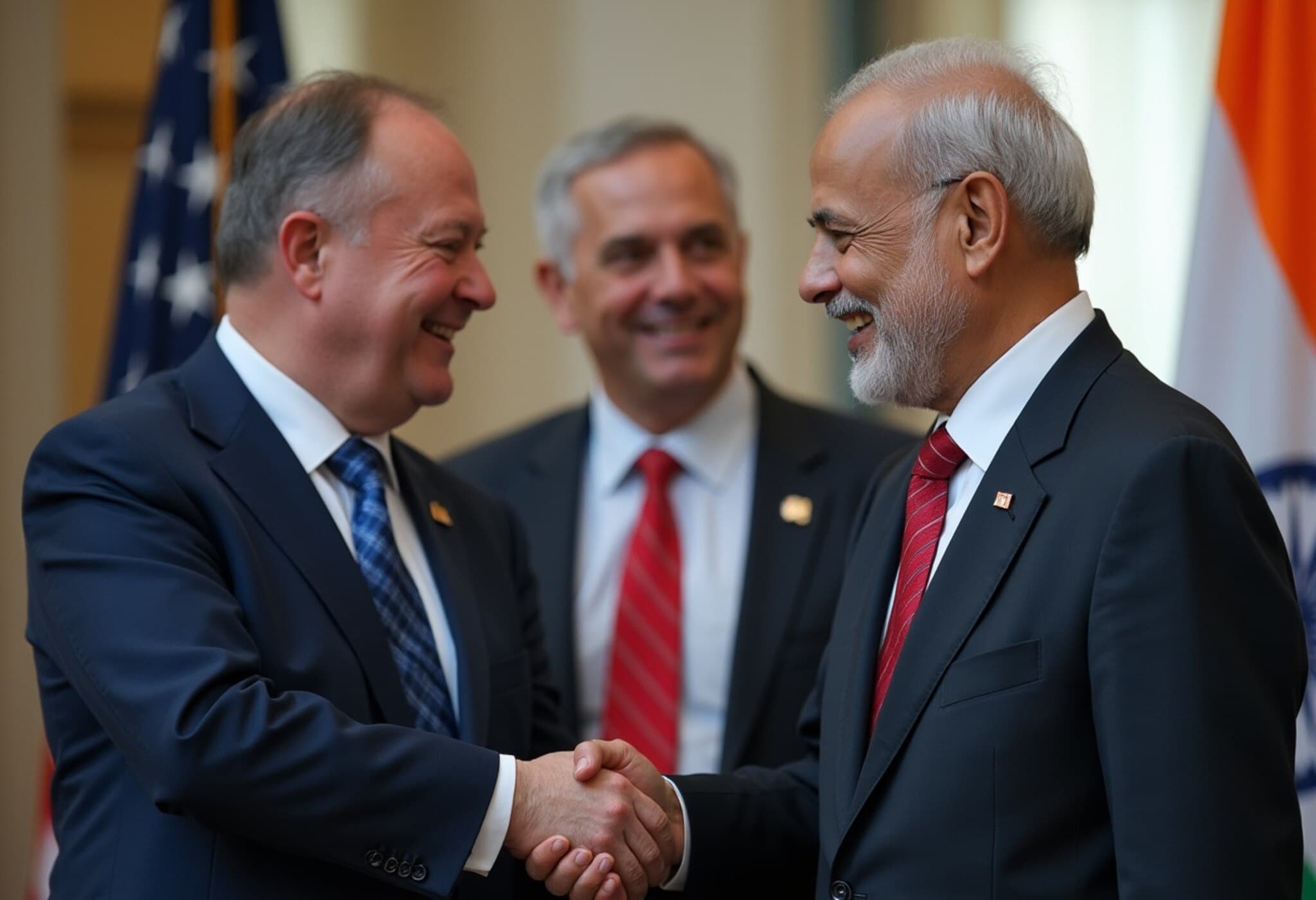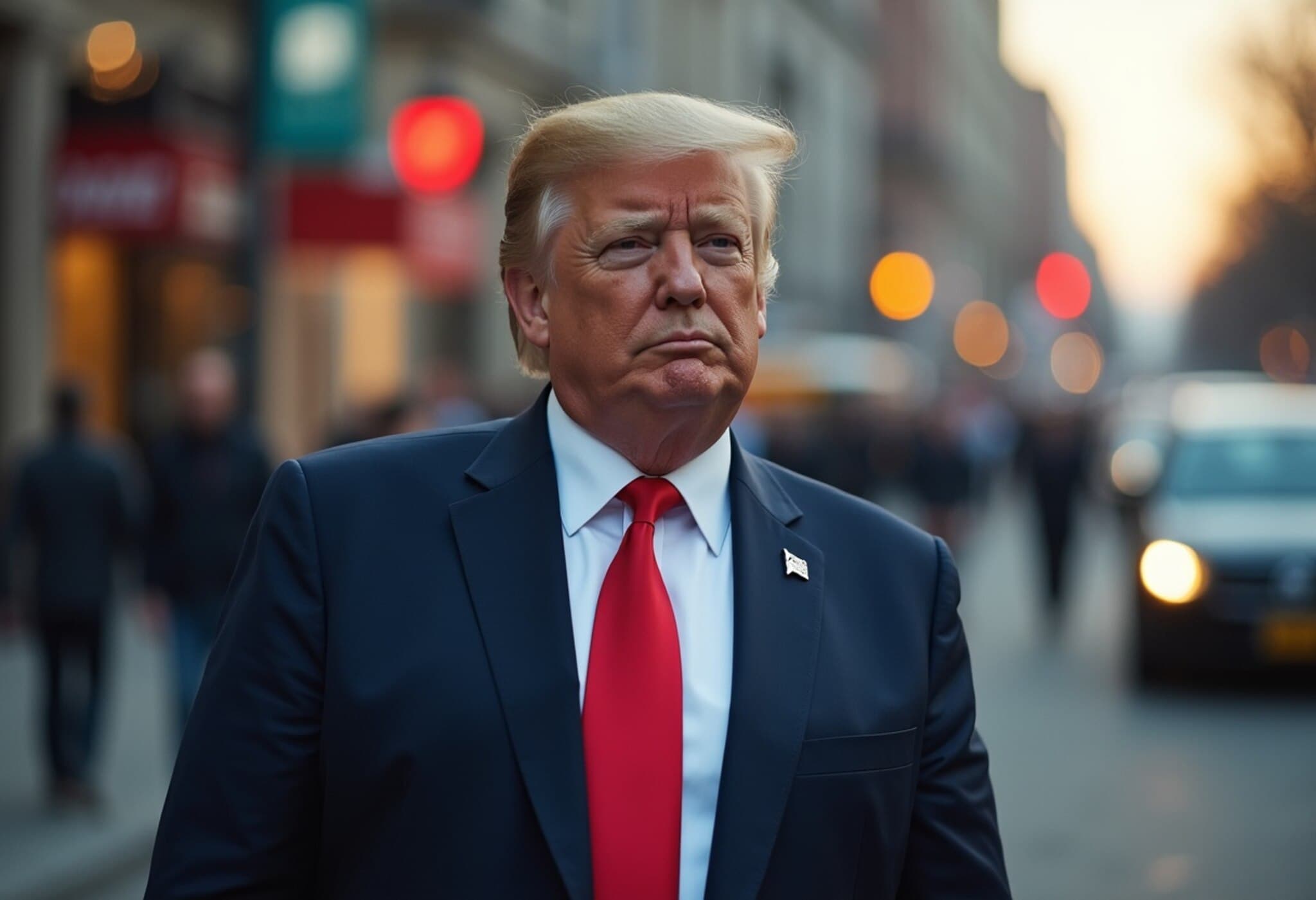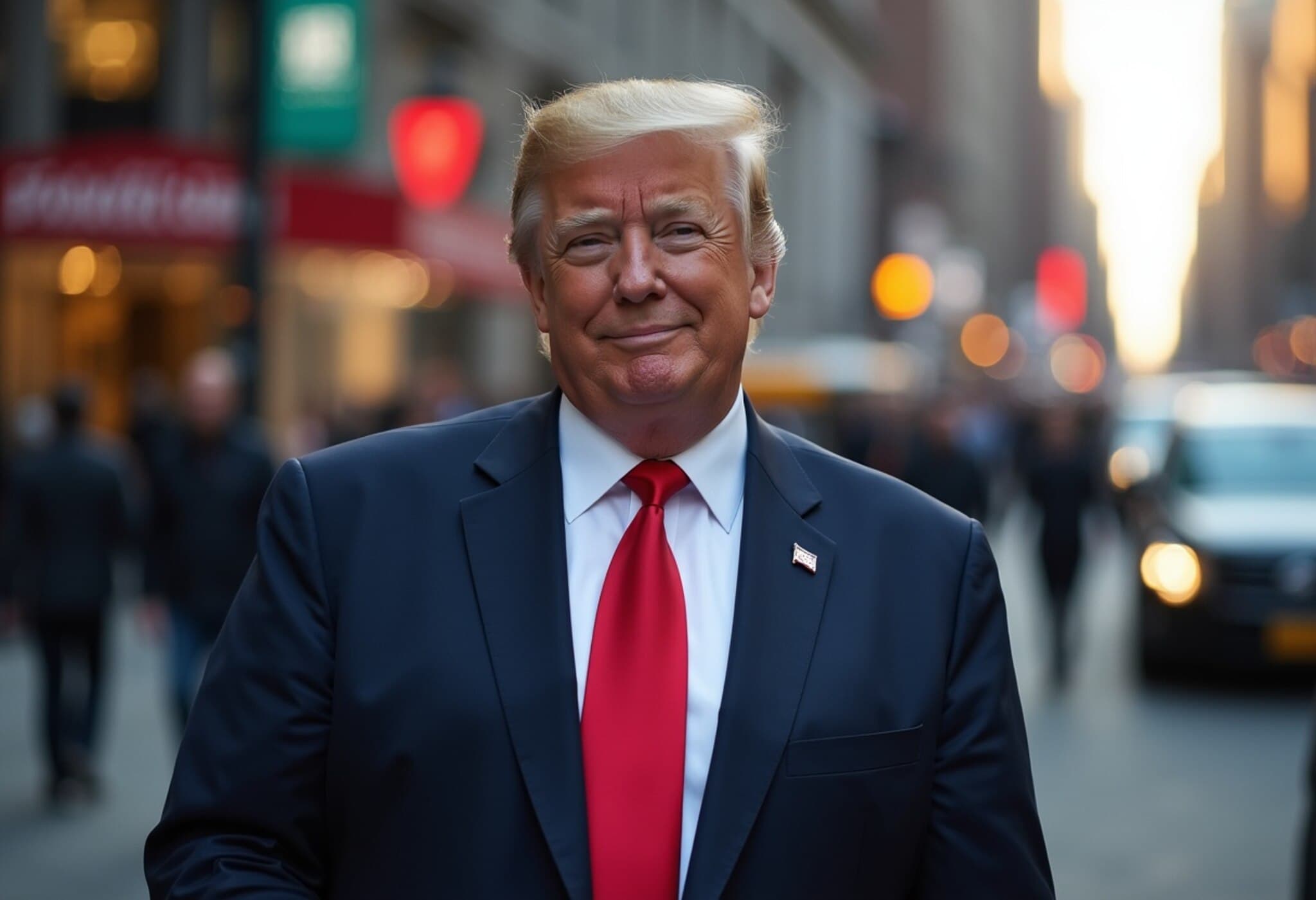Canada and U.S. Renew Trade Dialogue Amid Tariff Disputes
In a critical move to defuse ongoing trade tensions, Canadian Prime Minister Mark Carney is scheduled to visit Washington next week for high-stakes talks with U.S. President Donald Trump. The discussions aim to address and potentially reduce the tariffs imposed by the United States on Canadian exports, signaling a pivotal moment in North American economic relations.
Context: Tariff Impacts on Key Industries
Since President Trump’s inauguration, the U.S. has taken a protectionist stance, imposing a 35% general tariff on Canadian goods. Although some Canadian products remain exempt under the United States-Mexico-Canada Agreement (USMCA), important sectors like steel, aluminum, and automotive exports have been hit with significant tariffs. These measures risk jeopardizing thousands of jobs across Canada’s manufacturing and resource industries.
Adding to the strain, the U.S. recently instituted additional tariffs on Canadian softwood lumber, a critical input in U.S. home construction, hiking total tariffs on lumber above 45%. This escalation has compounded concerns over cross-border supply chains and raised alarm bells about housing costs and industry stability.
Carney’s Strategic Engagement with Washington
Prime Minister Carney’s visit marks his second official trip to the White House as Canada’s leader. His administration has signaled a readiness to make concessions, particularly regarding American technology companies, a point of contention that previously led to stalled trade negotiations. The visit will focus not only on tariffs but also on fostering a refreshed economic and security partnership between the neighboring nations.
Unlike other global leaders who have faced the brunt of U.S. protectionism with resistance, Carney’s approach exhibits a degree of pragmatism and strategic diplomacy, aiming to preserve vital bilateral ties. Canada’s engagement with the U.S. underlines a broader challenge: balancing national economic interests with the realities of an increasingly fragmented global trade environment.
Broader Economic and Political Implications
- Job Security: Tariff-induced pressures are threatening employment in traditional Canadian industries, calling for urgent policy responses.
- Supply Chain Stability: Cross-border manufacturing and raw material supply chains face disruption, particularly in sectors like automotive and construction.
- Trade Diplomacy: Negotiations may set precedents for how Canada navigates U.S. unilateral trade actions amid rising global protectionism.
- North American Economic Integration: These talks are a litmus test for the resilience of USMCA and the broader economic integration of the continent.
Expert Insight: Navigating Uncertainty in U.S.-Canada Relations
Trade policy analyst Dr. Emily Chen explains, "This meeting comes at a delicate time, where economic nationalism in the U.S. challenges long-standing free trade frameworks. Carney’s diplomatic tact and willingness to engage constructively could be crucial in preventing an escalation that spells economic hardship for communities dependent on cross-border trade."
She adds, "Maintaining open channels for negotiation helps both countries manage the unpredictability of tariff regimes and protects jobs and investment on both sides of the border."
Looking Ahead: What to Watch in the Trade Discussions
As these talks unfold, attention will focus on:
- The extent to which the U.S. is willing to roll back tariffs on steel, aluminum, and auto exports.
- Any new concessions or trade adjustments that Canada may offer, especially in technology and intellectual property sectors.
- Steps toward strengthening the North American economic and security partnership beyond just trade matters.
- How these negotiations might influence U.S. trade policy toward other allies going forward.
Both governments face a delicate balancing act to safeguard economic interests, job security, and geopolitical relationships in a climate marked by rising protectionism and uncertainty.

